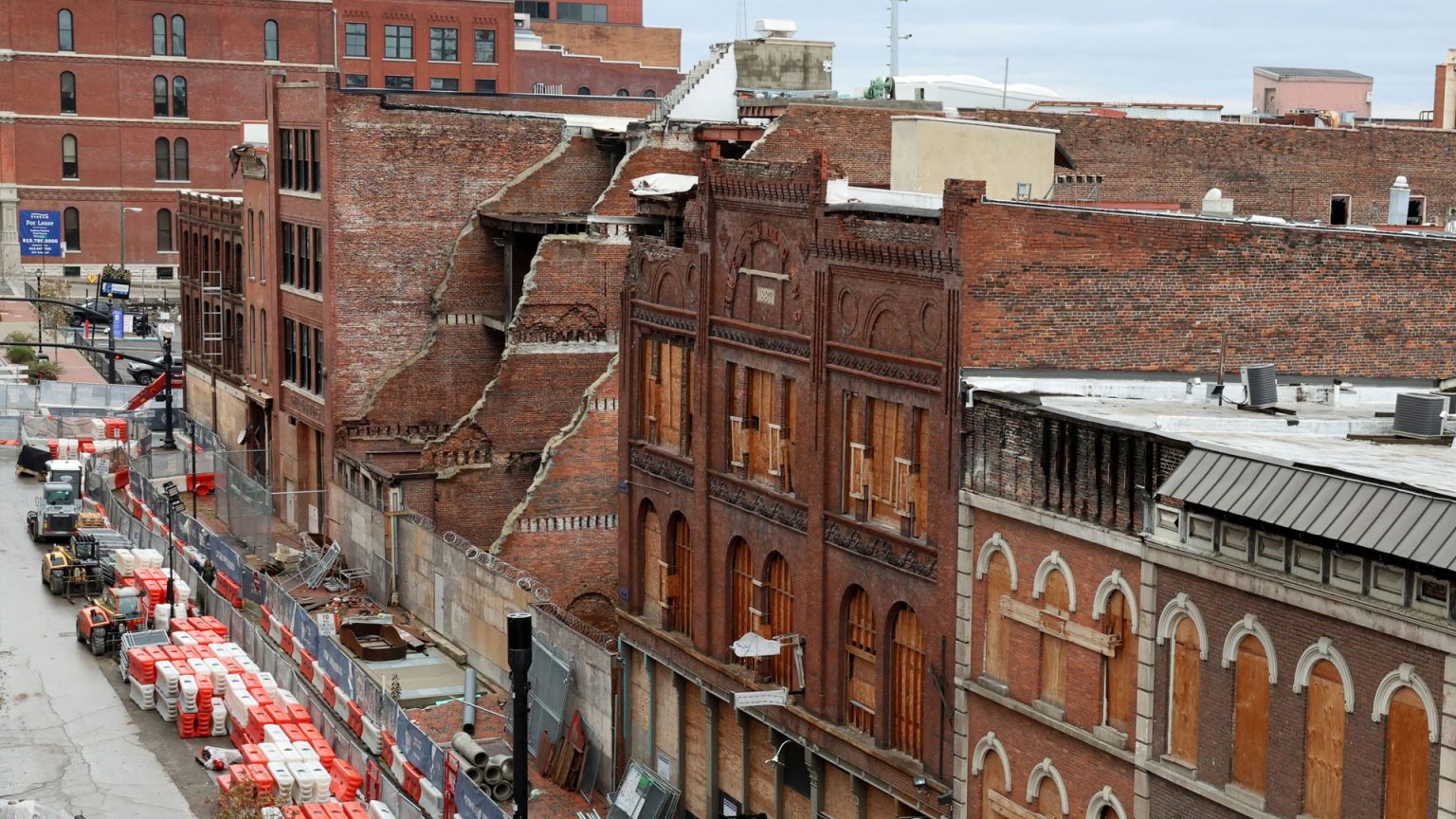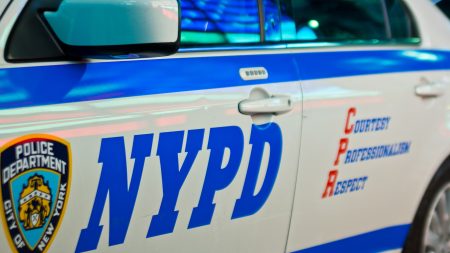The Christmas Day bombing in Nashville, Tennessee, in 2020 remains a chilling scar on the city’s landscape and psyche. Four years after the explosion that ripped through Second Avenue North, the heart of the city’s downtown, the site remains a stark reminder of the devastation. Buildings stand as hollow shells, a ghostly contrast to the vibrant street they once occupied. The once-bustling area, teeming with businesses and life, is now eerily quiet, a testament to the trauma inflicted on the community. While plans for renovation exist, with an estimated completion date of late 2026, the gaping hole in the cityscape serves as a constant reminder of the tragedy and the unanswered questions that continue to haunt Nashville.
The bombing, perpetrated by Anthony Warner, claimed his life and caused widespread damage, impacting over 60 buildings and injuring three people. The powerful homemade bomb, detonated inside Warner’s RV parked on Second Avenue North, left an enormous crater at the epicenter of the blast. The explosion’s force sent shockwaves through the city, damaging 41 businesses and displacing 400 residents. The physical destruction is only one aspect of the lingering impact. The emotional scars run deep within the community, struggling to comprehend the senseless act and the motivations behind it. The Christmas Day bombing not only shattered buildings but also the sense of security and peace in the heart of Nashville.
The mystery surrounding Warner’s motives continues to perplex investigators. Despite extensive inquiries, authorities admit they may never fully understand why Warner chose to carry out this devastating act. The chilling pre-explosion audio recording, featuring a countdown and the ironically upbeat Petula Clark song “Downtown,” adds another layer of unsettling mystery. This audio warning, while providing crucial time for police to evacuate nearby buildings, amplifies the unsettling premeditation behind the bombing. The lack of a clear motive makes it difficult for the city to find closure and fully process the event. The questions surrounding Warner’s intentions continue to fuel speculation and hinder the healing process for the affected community.
The investigation into the bombing uncovered troubling details about Warner’s past, including a prior warning to police about his potential bomb-making activities. A friend had contacted 911 over a year before the explosion, expressing concerns about Warner building a bomb. Additionally, Warner’s girlfriend reported to Nashville police that he was constructing bombs in his RV. Despite these warnings, no conclusive action was taken, leaving authorities to grapple with the possibility that the tragedy could have been prevented. This agonizing question adds another layer of complexity to the already devastating event, prompting reflection on security protocols and the handling of potential threats.
The bombing’s impact on Nashville’s economy and business landscape is also significant. Many of the affected businesses, already struggling under the weight of the COVID-19 pandemic, were forced to close permanently, unable to recover from the combined blows. The destruction of physical spaces and the displacement of residents created a ripple effect, disrupting the economic fabric of the downtown area. The long-term absence of these businesses further contributes to the sense of loss and the slow pace of recovery in the affected area. The rebuilding process, while underway, faces the daunting task of not only restoring physical structures but also revitalizing the economic heart of the city.
Four years later, the site of the Nashville Christmas Day bombing stands as a stark reminder of the tragedy’s enduring impact. The physical scars on the cityscape mirror the emotional wounds within the community. While the rebuilding process represents a step towards healing and recovery, the unanswered questions and the lingering trauma continue to cast a long shadow. The ongoing investigation, the planned renovations, and the resilience of the Nashville community all play a crucial role in navigating the long road to recovery and reclaiming a sense of normalcy in the heart of the city. The bombing serves as a somber reminder of the fragility of peace and security, and the importance of vigilance and proactive measures in addressing potential threats.











